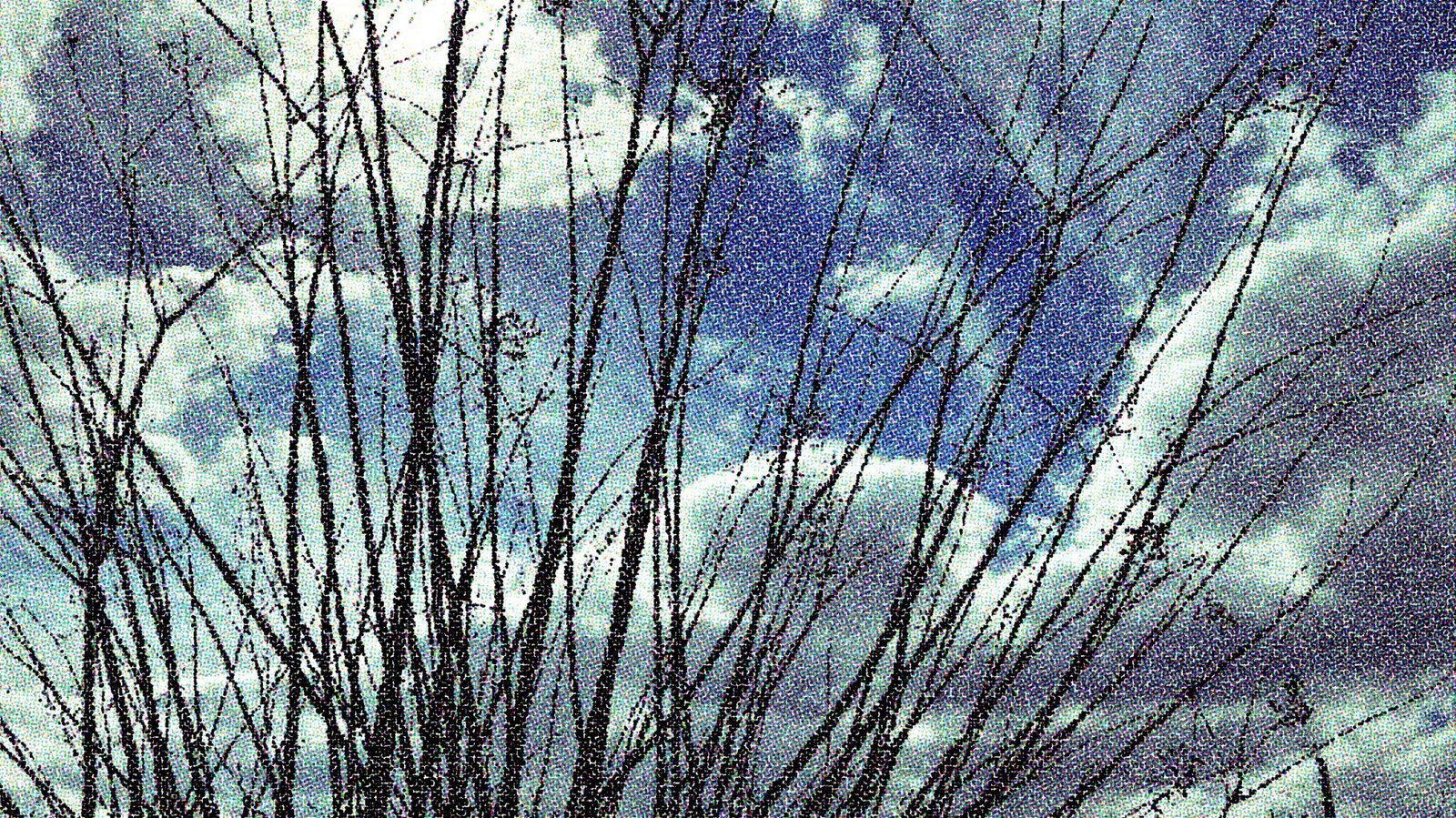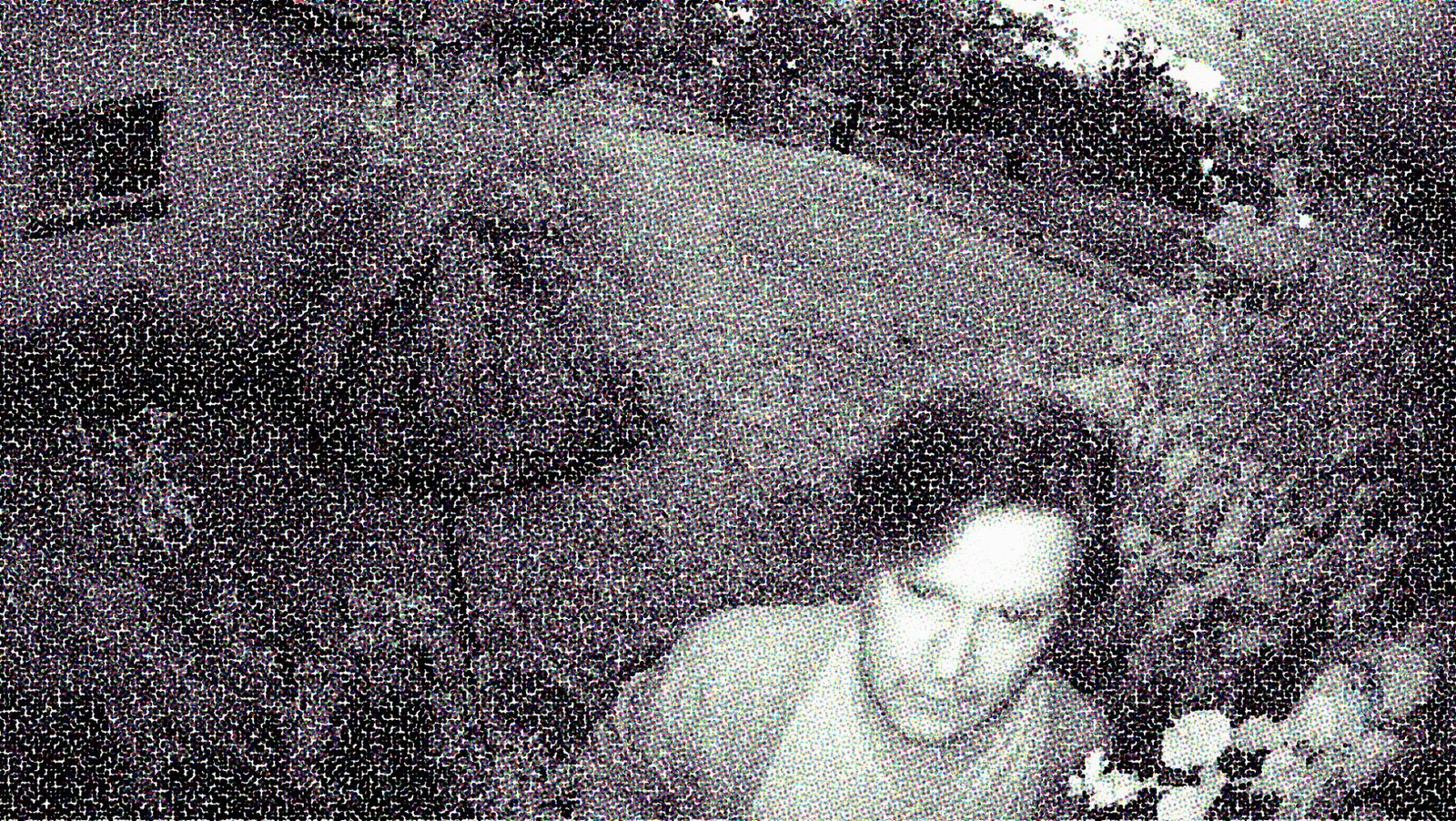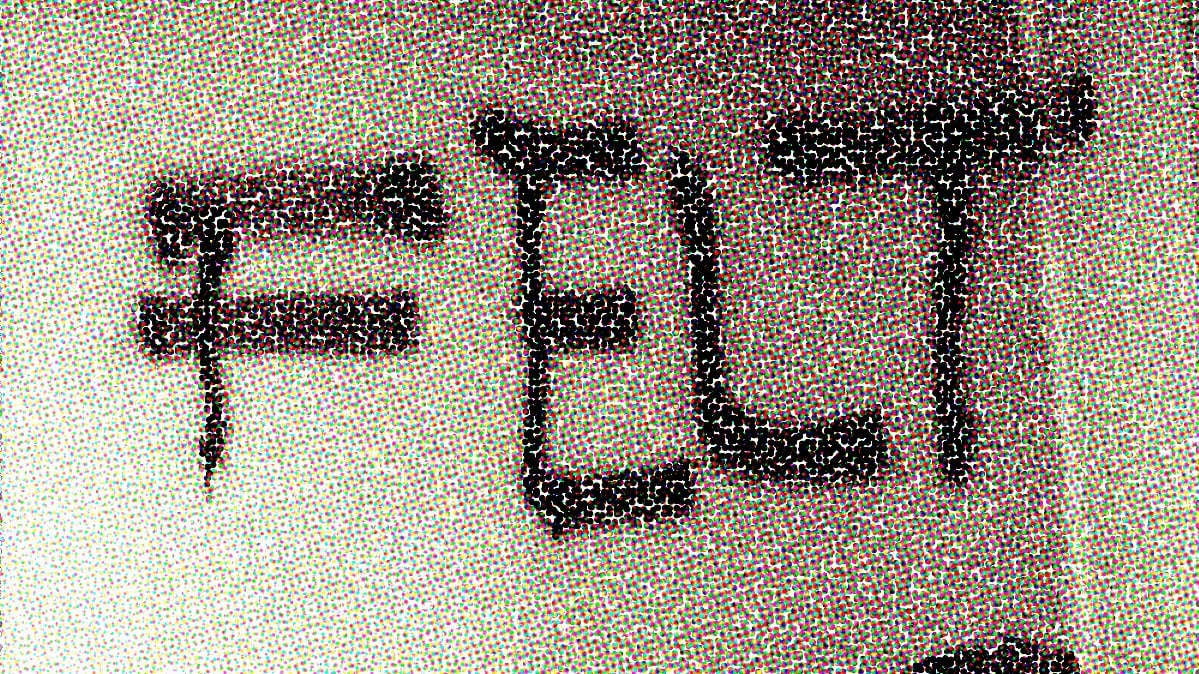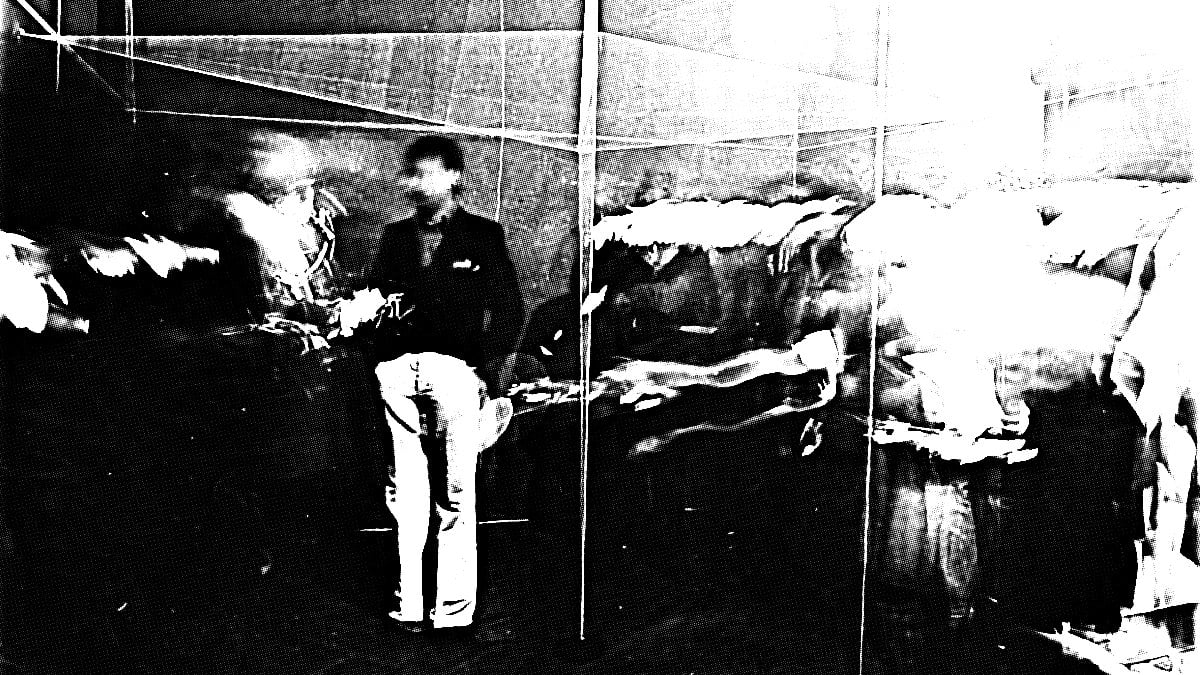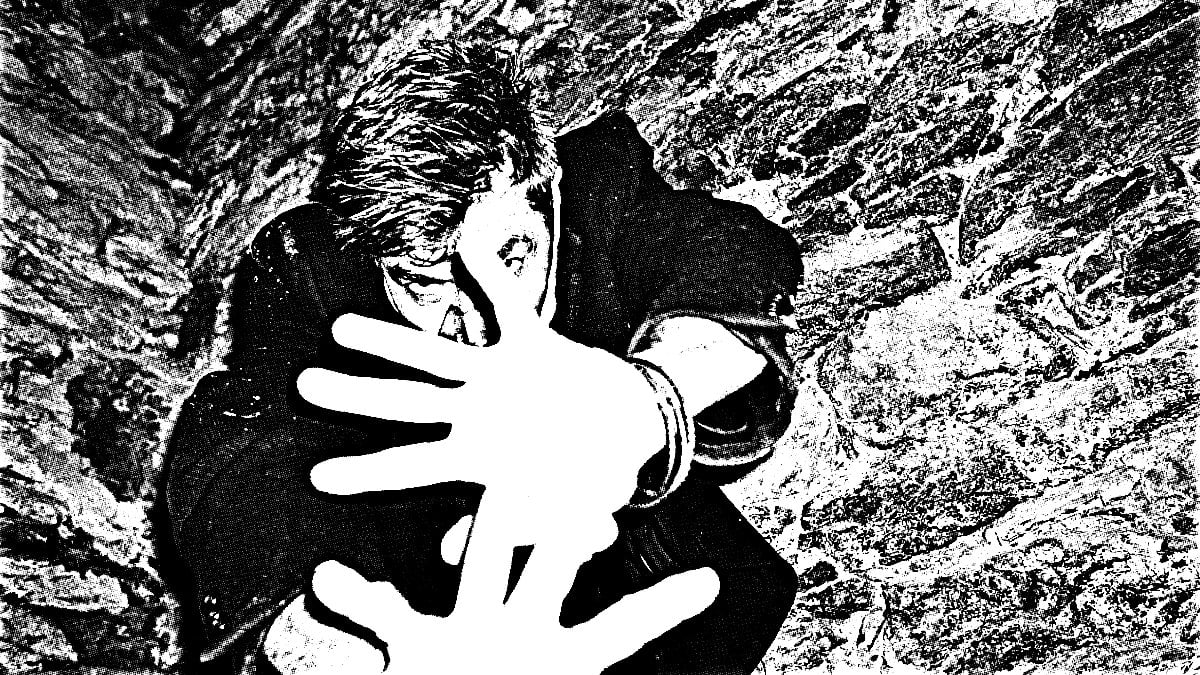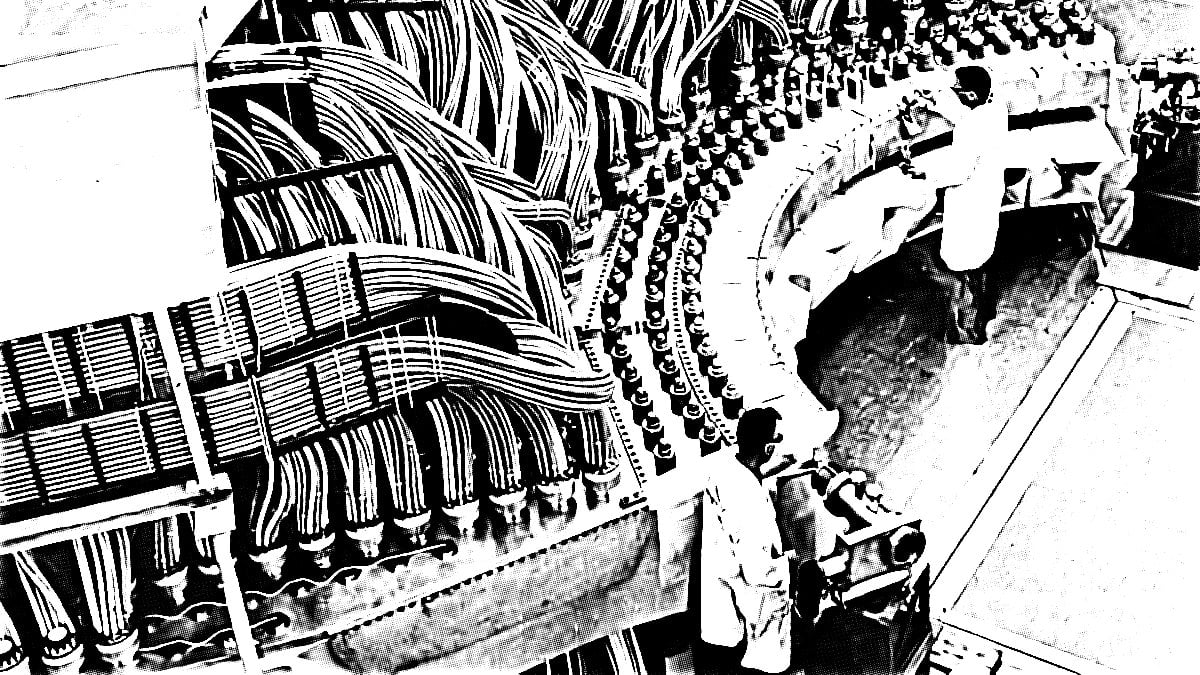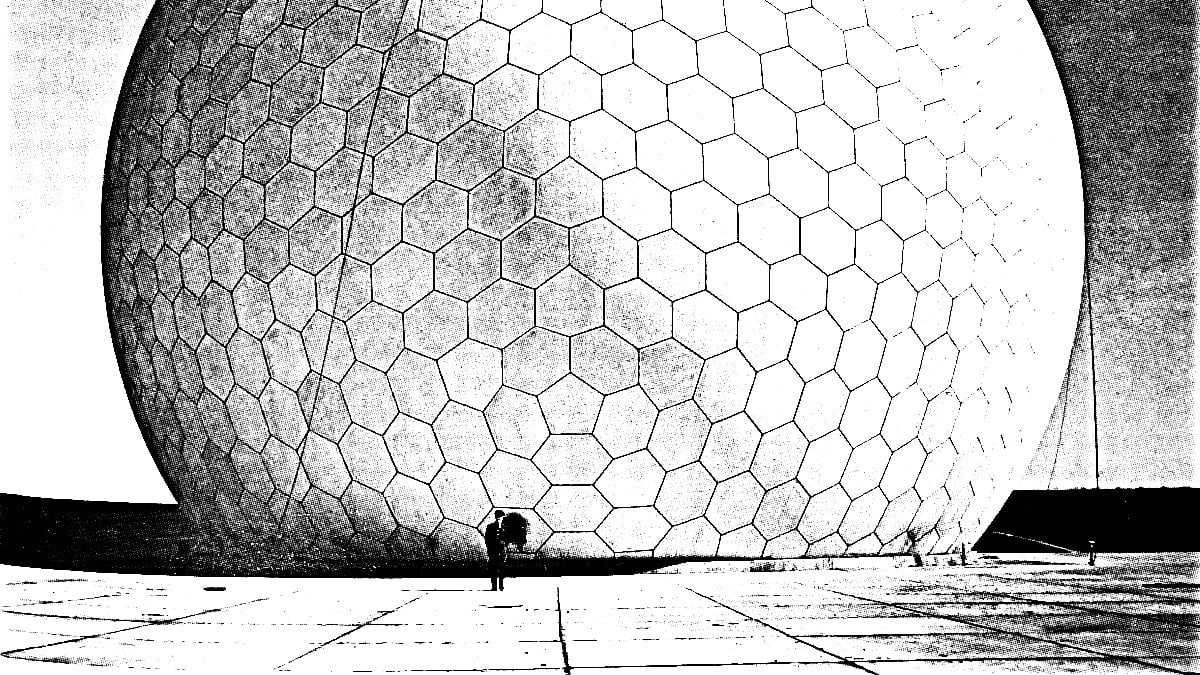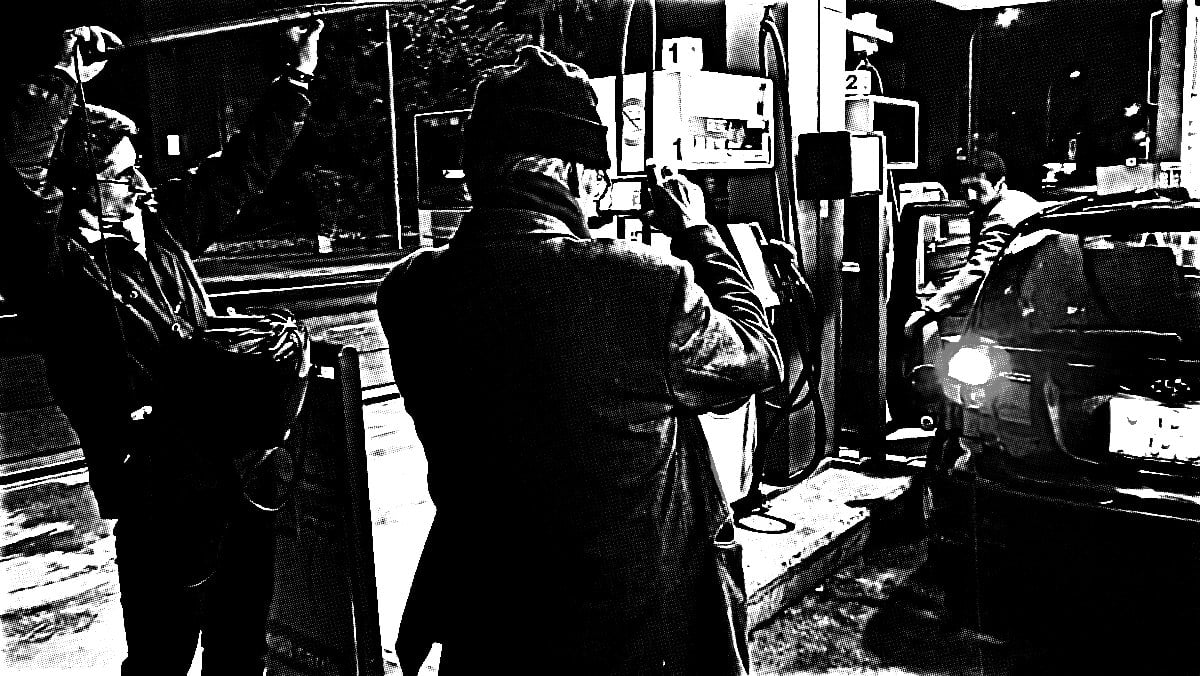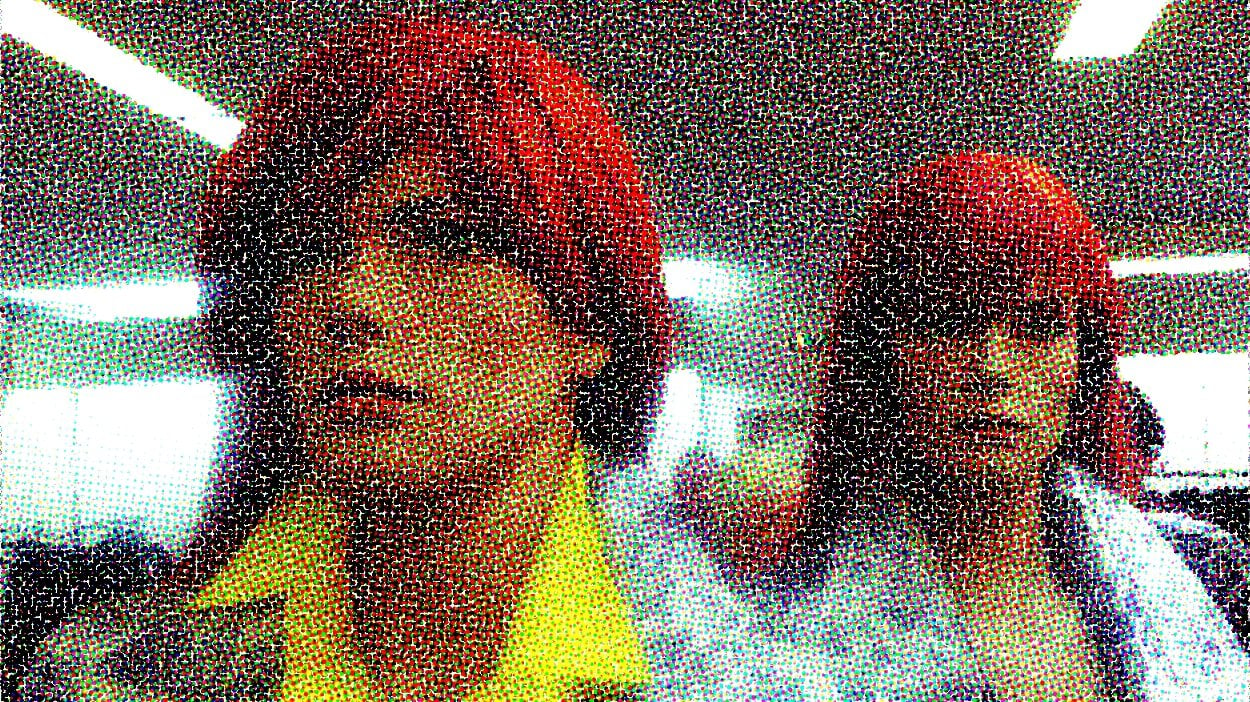
Today, I’m listening to Im Fünfminutentakt, an album by the enigmatic act Fred und Luna released last April. In playful press releases, Fred und Luna are purported to be moon-based explorers observing and commenting on Earthly activities through the language of music. This set-up, along with a synthesized and intentional retro sound that those same press releases refer to as “elektrokraut,” signals the kind of thing I’d often shy away from. But Im Fünfminutentakt is a terrific album.
Fred und Luna owe much to Kraftwerk and the electronic German music of the Kosimche ’70s. But where the album excels is when those brightly transmitted influences are stylistically fiddled with. Im Fünfminutentakt‘s first three tracks are what I’m talking about: there’s “Aurum C,” a bubbling, motorik album intro, and “Nur ein Viertelstündchen,” which brings to mind a becalmed take on New Order’s “Your Silent Face”—itself a Kraftwerk tribute. But the standout is the song sandwiched in between those two. “Es ist so schön”—”It is so beautiful”—is a fancy female/male duet that’s one part new wave dancefloor in restraint, one part affected Weimar torch song, and one part Cluster foolin’ around. It vibes for days and sounds like what hopeful young American couples imagine Europe to be like.
Im Fünfminutentakt and Fred und Luna first grabbed my attention when this album was released, but the reason I’m commenting on it now is less felicitous. Fred und Luna was one person, a creative hustle and bustle by the name of Rainer Buchmüller. In addition to creating the music of Fred Und Luna and performing/DJ’ing under that name, Rainer is also listed as a poet and record store owner—two identities perhaps even more financially challenging than professional musician. The sad news over the wire this week is that Rainer succumbed to cancer and is no longer with us.
Rainer was obviously harboring expertise and indebtedness to the strain of German music lovingly referred to as Krautrock. Not only do the recordings of Fred und Luna wear this proud lineage on their sonic sleeves, but Rainer was involved in Future Sounds of Kraut, a compilation series released via Compost Records. The aim is to highlight the latest crop of German artists (though not exclusively so) that are carrying the Krautrock torch into our modern age. Volume 1, embedded below, is well worth a listen. Volume 2, already completed, is due on March 1. Rainer Buchmüller did not live to see its release, but I am thankful he was able to complete the project.
Time’s running out, my friends. Stay focused on the things and people you love.
